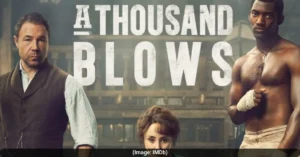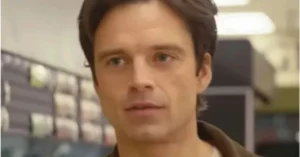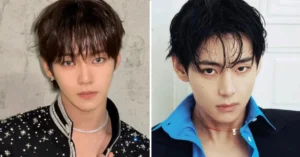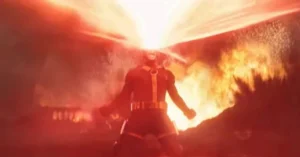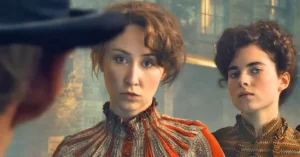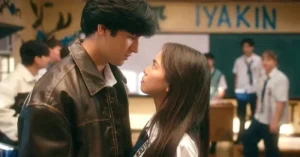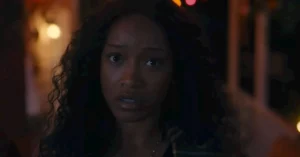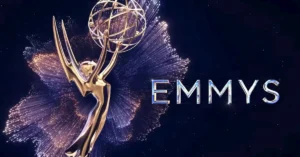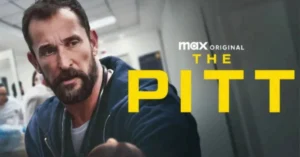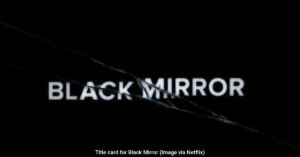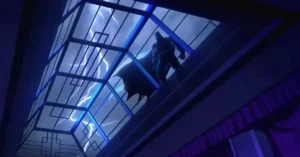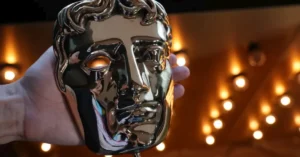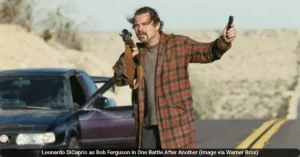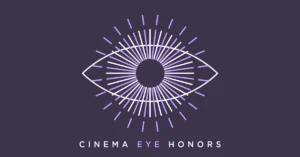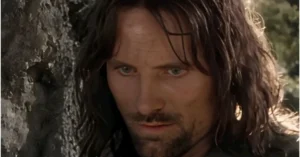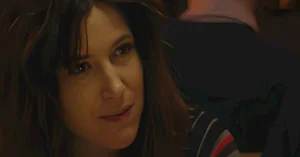The Oscar-winning director Guillermo del Toro has taken a powerful stand against the use of artificial intelligence in filmmaking. In a recent interview, he declared he would “rather die” than use generative AI in his work, putting him at the forefront of a major debate in Hollywood. His strong comments come as his new film, “Frankenstein,” earns strong reviews, proving the power of traditional human artistry.
The Director’s Strong Stance on AI
During an interview with NPR, Guillermo del Toro did not hold back when asked about his position on using artificial intelligence in his films. He stated clearly, “AI, particularly generative AI — I am not interested, nor will I ever be interested.” He emphasized his lifelong commitment to this principle, adding, “I’m 61, and I hope to be able to remain uninterested in using it at all until I croak.”
He shared that his response to an email asking for his stance on the technology was even more direct: “I said, ‘I’d rather die.’” This firm rejection highlights the growing divide in the film industry between those embracing new technology and those championing traditional craftsmanship.
“Natural Stupidity,” Not Artificial Intelligence
For del Toro, the real danger is not the technology itself, but the people behind it. He explained that his main concern is what he calls “natural stupidity.” He believes this human flaw is what drives most of the world’s worst problems.
He directly connects this idea to the story of his new film, “Frankenstein.” He sees a clear parallel between the arrogance of Victor Frankenstein, who creates a living being without thinking of the consequences, and the modern-day developers racing forward with AI technology.
“I did want it to have the arrogance of Victor [Frankenstein] be similar in some ways to the tech bros,” del Toro said. “He’s kind of blind, creating something without considering the consequences and I think we have to take a pause and consider where we’re going.”
His producer, J. Miles Dale, strongly supports this view, stating that suggesting the use of AI to del Toro would be “like spitting on God.”
A Growing Hollywood Debate
Del Toro is not alone in his concerns. The use of generative AI was a central issue during the 2023 Hollywood writers’ and actors’ strikes, with unions fighting for and winning protections against the technology being used to replace human artists.
More recently, the announcement of an AI-generated actress named Tilly Norwood was condemned by the actors’ union SAG-AFTRA and stars like Emily Blunt, who called the concept “terrifying.” Filmmaker Justine Bateman has warned that AI will “burn down the business,” and actor Nicolas Cage has stated that “robots cannot reflect the human condition.”
This clash illustrates a fundamental tension between technological efficiency and artistic integrity. While some producers and investors see AI as a way to cut costs, many creators fear it devalues human experience and emotion.
“Frankenstein” as a Warning
Del Toro’s new film, Frankenstein, serves as a powerful example of his beliefs. The movie, which stars Oscar Isaac, Jacob Elordi, and Mia Goth, was made entirely without AI, relying on practical effects, real sets, and human performers.
The film has earned an 86% rating on Rotten Tomatoes and praise from critics for its “tactile, handmade beauty.” Its success demonstrates that audiences and critics still deeply value human creativity and artistic vision.
The story of Victor Frankenstein’s disastrous creation is a perfect mirror for del Toro’s warnings about unchecked technological ambition. He uses the classic tale to ask the same question we face today: just because we can create something, does that mean we should?
The Human Touch in a Digital Age
At its core, del Toro’s argument is about the unique value of the human spirit in art. He believes that AI, which operates on ones and zeros, cannot replicate the essential “alchemy” that comes from human emotion, spirituality, and lived experience.
“Ones and zeros don’t get the alchemy that you get with emotion and experience,” he said. “You get the information, but you don’t get the alchemy of emotion, spirituality and feeling.”
For a filmmaker known for his deeply personal and visually stunning worlds, this human connection is non-negotiable. His stand is a powerful reminder that art is more than just perfect images; it is about imperfect, human stories.
Frankenstein is currently in a limited theatrical release and will begin streaming globally on Netflix on November 7, 2025.
Also Read: Jacob Elordi’s Frankenstein Creature Revealed in New Close-Up Look






